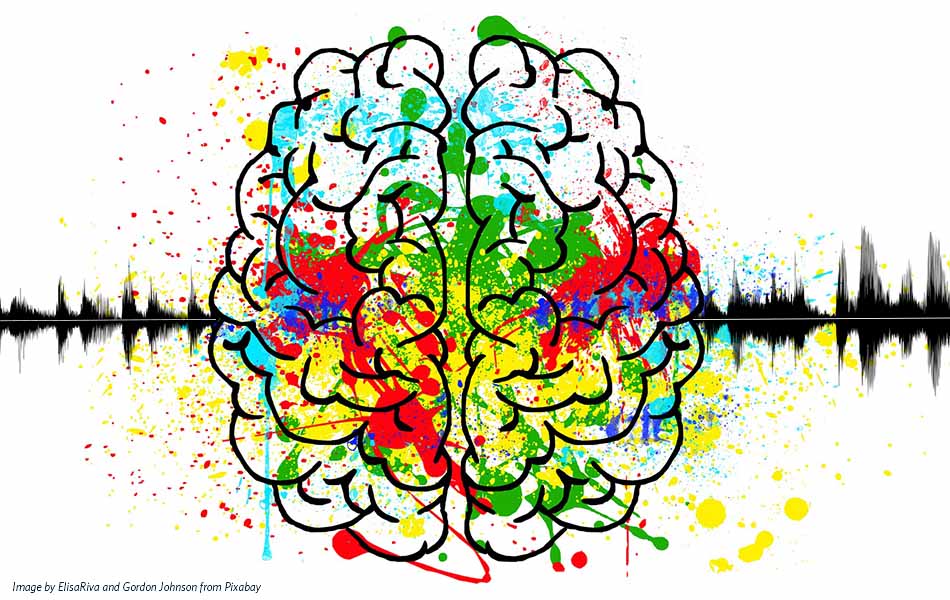Language Science Talks: Cognitive consequences of acoustic challenge during spoken communication, Dr. Jonathan Peelle
March 12, 2021, 12:00 pm to 2:00 pm
Join us for this Language Science Talks event! Washington University in Saint Louis Department of Otolaryngology Associate Professor Dr. Jonathan Peelle will present 'Cognitive consequences of acoustic challenge during spoken communication'.
Abstract: How does hearing impairment affect the way our brains process speech?
I will review data from behavioral and brain imaging studies that speak to the added cognitive demands associated with acoustic challenge. Evidence from multiple sources is consistent with a shared resource framework of speech comprehension in which domain-general cognitive processes supported by discrete regions of frontal cortex are required for both auditory and linguistic processing. The specific patterns of neural activity depend on the difficulty of the speech being heard, as well as the hearing and cognitive ability of the listeners. I will present neuroimaging data from listeners with normal hearing, age-related hearing loss, and cochlear implants implicating executive attention networks in understanding acoustically challenging speech. Although frequently studied in the context of age-related hearing loss, these principles have broader implications for our understanding of how auditory and cognitive factors interact during spoken language comprehension.
Please RSVP via the button above to receive the access link.
Speaker bio:
Associate Professor Jonathan Peelle is a cognitive psychologist working in the Department of Otolaryngology at Washington University in Saint Louis and is director of the Peelle Lab. The Lab’s research is focused on the neurobiology and psychology of speech comprehension, and how this is affected by changes in cognitive and hearing ability. Dr. Peelle studies the neuroscience of human communication, aging, and hearing ability. He is especially interested in the interaction between sensory, cognitive, and social factors, and individual differences in how different people perceive speech. He also has a courtesy appointment in the Department of Psychological and Brain Sciences, and is affiliated with the Philosophy-Neuroscience-Psychology program, Linguistics program, and Department of Biology and Biomedical Sciences (DBBS).
Dr. Peelle also co-hosts a podcast, The juice and the squeeze, with Dr. Julia Strand, where the two academics peel apart issues in their careers and beyond (e.g., prioritizing, imposter syndrome, motivation, and more
